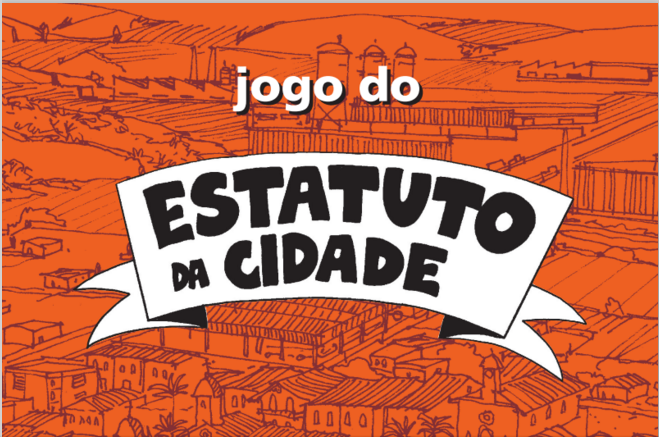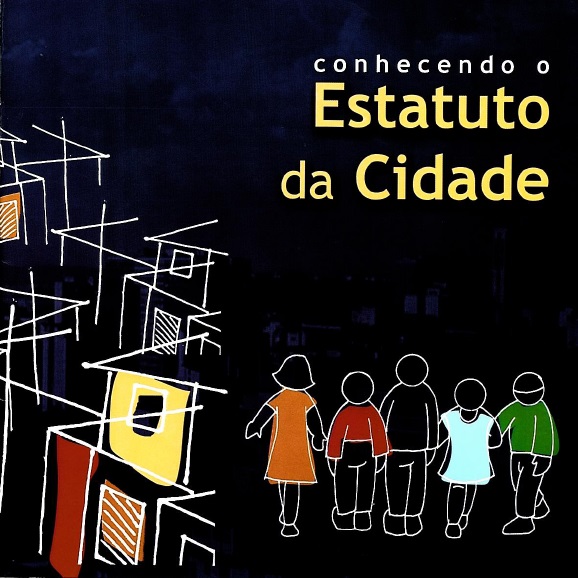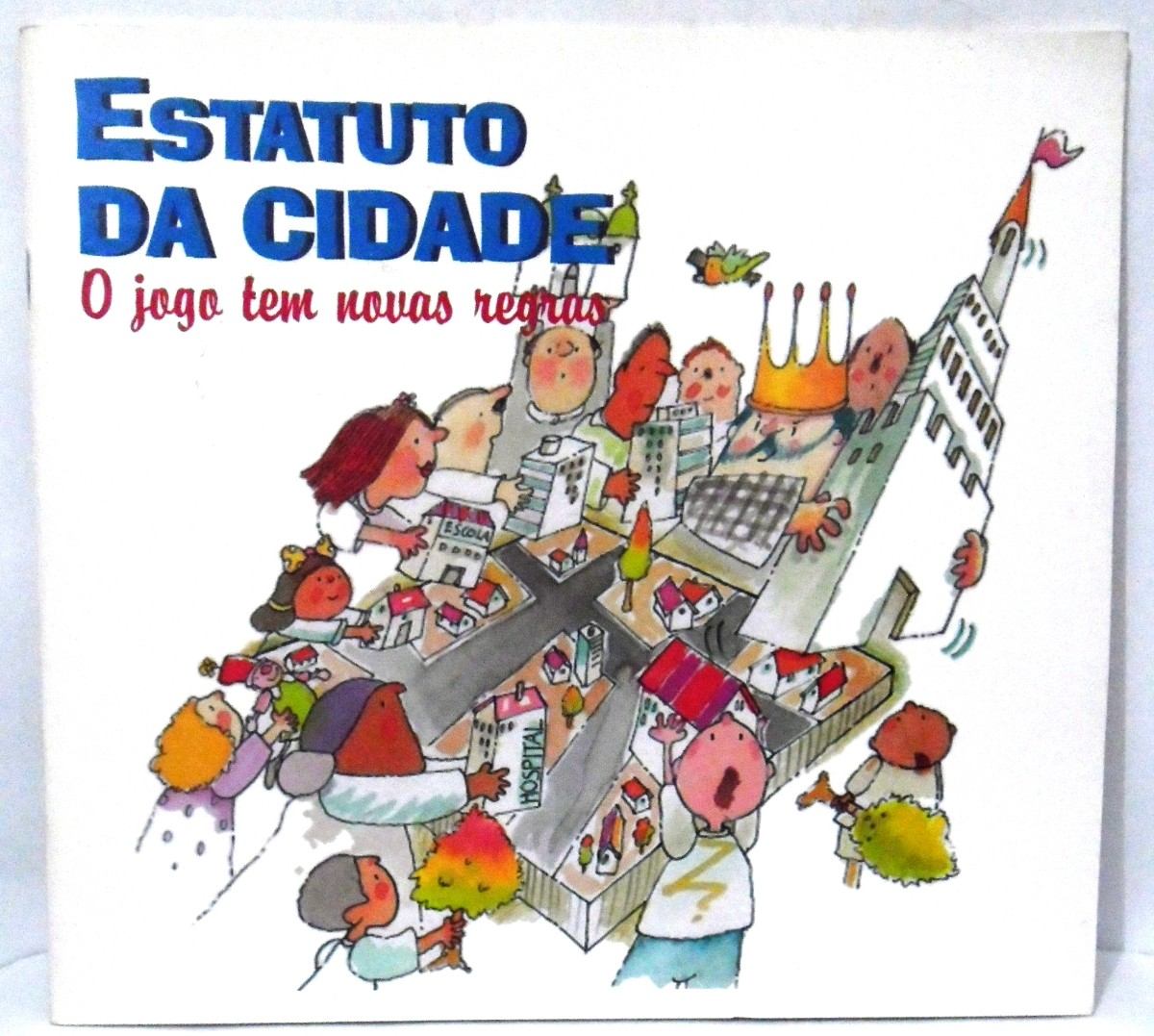Games for Cities
City Statute Game (2002)
Brazil &
Santo Expedito, Rurópolis, and Tesouro de Areia - Brazil
Developed by:
Analog role-play game designed to familiarise diverse stakeholders with the City Statute’s contents and instruments, and further induce social, spatial and environmental justice and equilibrium in cities.

As in many parts of the world, Latin American cities have a long legacy of social and spatial exclusion. Large portions of the population live in informal housing, are exempt from formal rules and regulations, and overlooked by architects and engineers. As urbanisation raced forward, Brazil undertook a grand effort to establish a new urban order by changing the Federal Constitution in 1988 and establishing Law No. 10.257 in 2001–known as the City Statute. A product of immense collaboration, the Statute sets out to address themes of democratic government, urban justice and environmental balance. The City Statute Game focuses on helping the full spectrum of urban actors learn about, and advance, principles of the Statute – developed into three versions for three Brazilian cities.
It is a serious role-play game that allows a number of different stakeholders to deal with imagined city-making scenarios in a playful but practical way. Emphasising greater social control in the development of more fair and balanced cities, the game zooms in on the Statute’s regulations and ensuing possible solutions. There are three primary instruments of the Statute that are translated into gameplay: inducing urban development around desired forms of occupation and land use; land tenure addressing illegal occupation; and the participatory democratisation of urban management to include more citizens in planning decisions.
The City Statute Game shows us another innovative example of how gaming is used to communicate and engage a greater number of people around serious real-world issues. The Statute itself is something cities and citizens can benefit from, warranting UN-HABITAT to present it at the 2002 World Urban Forum to disseminate it further in Spanish and English.

